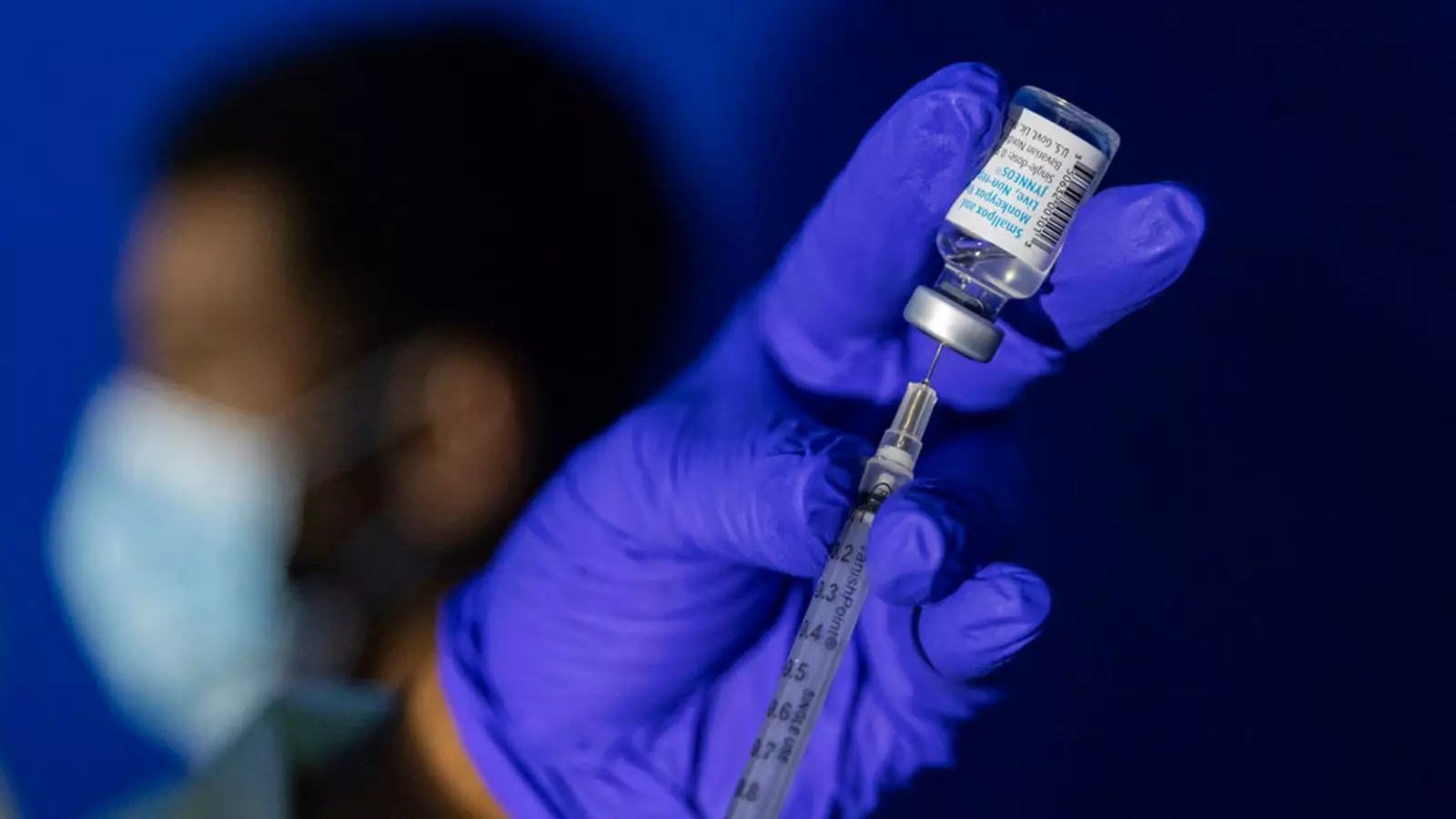Recently, there has been a lot of talk about a new, deadlier variant of mpox, formerly known as monkeypox, that has been making its way across the globe. This newly discovered clade 1b strain has caused quite a stir after being confirmed in countries like Sweden and Pakistan. With its origins in the Democratic Republic of the Congo (DRC), this variant is considered to be the most dangerous strain of mpox seen so far.
The World Health Organization (WHO) has declared this new variant a global health emergency due to its rapid spread to 13 African countries. In these regions, more than 15,600 cases have been reported, with 537 resulting in death. This alarming rate of transmission has experts like Professor Paul Hunter concerned about the potential impact on other parts of the world, including the UK.
According to Professor Hunter, it is “very likely” that someone in the UK may already be infected with the new variant of mpox. However, due to the nature of the disease, it may take some time before cases are confirmed. The initial symptoms of mpox are non-specific and can easily be mistaken for common illnesses like flu or even COVID-19. It is only after the appearance of characteristic blisters that the disease can be accurately diagnosed.
Mpox is primarily spread through direct contact with the fluid from blisters that form on the skin. This mode of transmission often occurs during sexual contact, making individuals involved in certain “sexual networks” more susceptible to infection. While the risk of transmission through methods like skin-to-skin contact or sharing towels is low, it is not entirely impossible.
The UK Health Security Agency (UKHSA) has stated that the risk of infection with the new mpox variant is currently considered low. Additionally, the existing mpox vaccine is said to be effective against this new strain, offering some level of reassurance to the public. Despite the severity of the new variant, Professor Hunter suggests that with proper supportive care, the mortality rate can be significantly reduced.
The emergence of this new variant of mpox serves as a reminder of the ever-present threat of infectious diseases. While the risk of widespread transmission in the UK is currently low, it is crucial for individuals to remain vigilant and seek medical attention if they suspect they may have been exposed to the virus. By following proper prevention measures and staying informed about the latest developments, we can better protect ourselves and our communities from potential outbreaks.


Leave a Reply